The views expressed in our content reflect individual perspectives and do not represent the authoritative views of the Baha'i Faith.
George Floyd. Breonna Taylor. Their names have gone viral in recent weeks due to their killings by police — George in Minneapolis and Breonna in Louisville, Kentucky. Before that Ahmaud Arbery’s name trended across social media after a video of his killing in Georgia by a retired police officer and his son went viral.
”black lives aren’t just worthy of respect because of our actions or where we went to college”
Along with learning the horrific details of their deaths, we’ve also seen an outpouring of tributes to their good qualities. We’ve learned that Breonna was a beloved emergency medical technician who loved helping her patients and her community,” and friends described George as a “gentle giant.” Ahmaud was known for his “bottomless reservoir of kindness.” Christian Cooper, the black man who thankfully survived having the police called on him in Central Park by a white woman, has been lauded as a bird-loving environmentalist — and he’s a Harvard grad. But black lives aren’t just worthy of respect because of our actions or where we went to college. We’re worthy because we’re human.
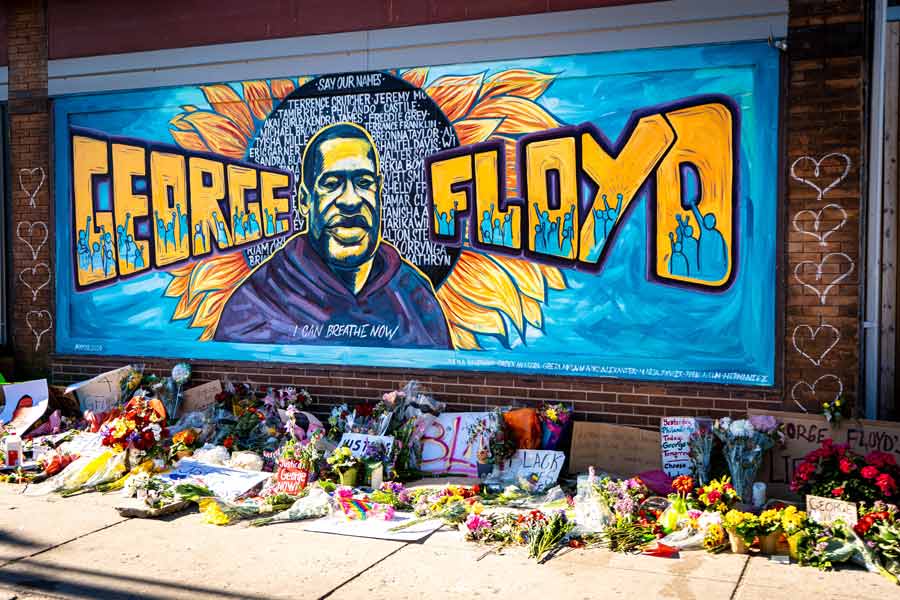
The Baha’i writings are one of the many sources that will us to address the palpable barriers for peace and justice that the issue of racism imposes on our collective progress as humanity. In a direct statement the Universal House of Justice, the international governing body of the global Baha’i community wrote in 1985: “Racism retards the unfoldment of the boundless potentialities of its victims, corrupts its perpetrators, and blights human progress. Recognition of the oneness of mankind, implemented by appropriate legal measures, must be universally upheld if this problem is to be overcome.”
One way I do this is by trying my best to not assume the worthiness of life or death of others. When it comes to black people, folks need to put a concerted effort into this, considering that our culture has normalized and socialized holding black people to unusually high expectations of morality, excellence, and likability in trade exchange for our survival and peace of mind.
Our suffering (the suffering of black people) has historically been put on public display in the United States, among other countries. Proud white folks throughout American history publicly lynched, whipped, hunted, or sold black human beings. Today we see the media’s fixation on the stereotypical perils and struggles of systemically disenfranchised, low-income black communities. Our structures and culture are accustomed to — if not hungry for — stories of black pain.
Social media has become a useful platform for folks who organize the dismantling of racist systems in education, healthcare, work, and interpersonal interactions. One of the most well-known forms of black activism is calling for judicial intervention when police officers senselessly kill black people or when the state allows the freedom of a person who senselessly killed a black person. This is true whether it’s a black child like Tamir Rice or Trayvon Martin, a transgender black woman — a demographic that faces astronomical rates of violence — an educator, or a parent. The persistence of black death at the hands of the state is what makes it such a prominent issue to rally around.
When stories like Breonna Taylor’s, Ahmaud Arbery’s or George Floyd’s go viral, there’s usually a call to action that comes with the hashtag on social media: a request that we demand that our representatives take legislative action. But respectability politics play a big role in whose name goes viral.
I noticed many people writing short tributes to Breonna Taylor, who was brutally shot in her home when police officers were searching for a suspect already in custody. Most posts mentioned that she was an EMT, working as a public servant for the good of her community during the pandemic.
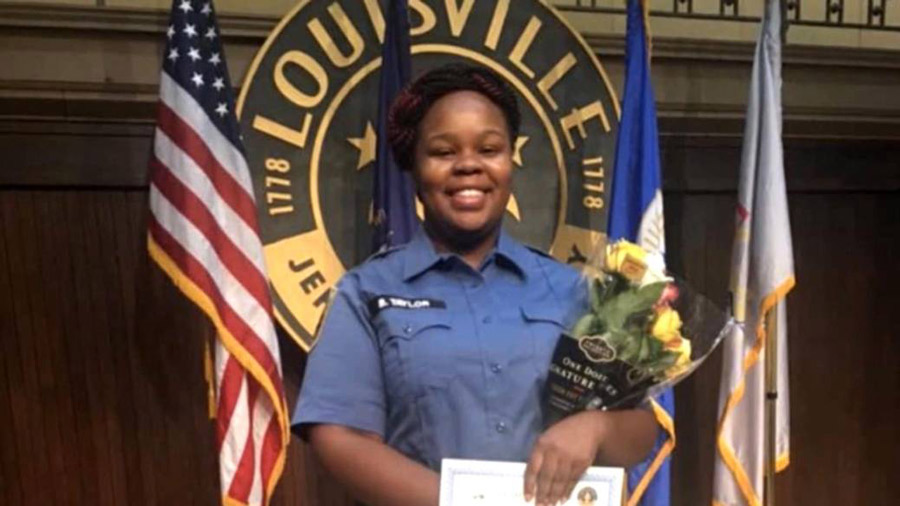
But what happens when the person killed, hurt, or subject to excessive state-sanctioned force has a story that can be more easily criticized? What about the cases when the black person hurt or killed did make some mistakes — as any human does?
In those cases, all kinds of justifications pop up. The country shows its racist colors not only in the act of violence but also in the public’s response. People jump to find reasons why a person deserved to be brutalized. They race to find a juvenile record — even though we know that most of the reason there even is a record is because our society targets and adjudicates young black people over young white people. Black people’s lives are scrutinized with a magnifying glass — their faults are put in the spotlight and their character is questioned.
“While it’s certainly beautiful that Breonna Taylor committed her life to service, a person’s sacrifice or ability to engage in a praiseworthy line of work isn’t what makes them worthy of safety.”
This is how we end up with tens of thousands of posts that first name Breonna as her job title: an EMT. Folks feel they have to explain why she’s worthy of not being killed in her sleep by the state. Many of us have subconsciously submitted to the idea that we have to make her humanity clear, while others only speak out because they classify her as “one of the good ones.” To them, an EMT is the “kind of black person” they feel comfortable with.
While it’s certainly beautiful that Breonna Taylor committed her life to service, a person’s sacrifice or ability to engage in a praiseworthy line of work isn’t what makes them worthy of safety. Black people deserve to be treated equally regardless of whether others judge us to be good or bad. Labeling us as “good” or “bad” dehumanizes us.
As Abdu’l-Baha, the son of Baha’u’llah, the prophet and founder of the Baha’i Faith said in a talk in Paris just over a century ago: “Who are we that we should judge? How shall we know who, in the sight of God, is the most upright man? … Let us therefore be humble, without prejudices, preferring others’ good to our own!”
Does this mean that we shouldn’t write about the beautiful qualities a person like Breonna Taylor exhibited? No, but we shouldn’t have to rely on her good qualities to advocate for justice. There are no “good ones” that deserve life or “bad ones” who deserve death and oppression.


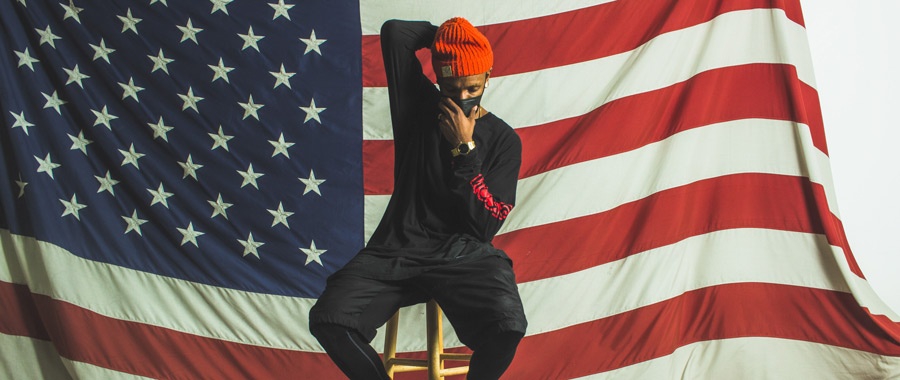

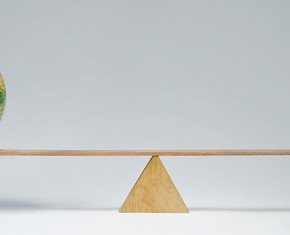
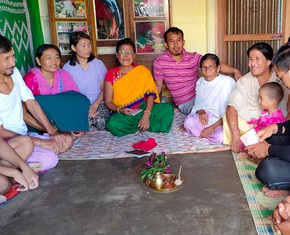
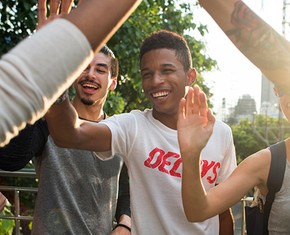









Comments
Sign in or create an account
Continue with Googleor